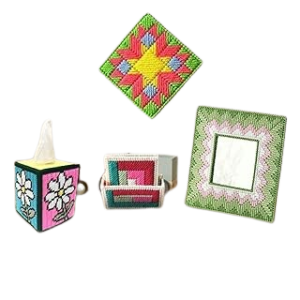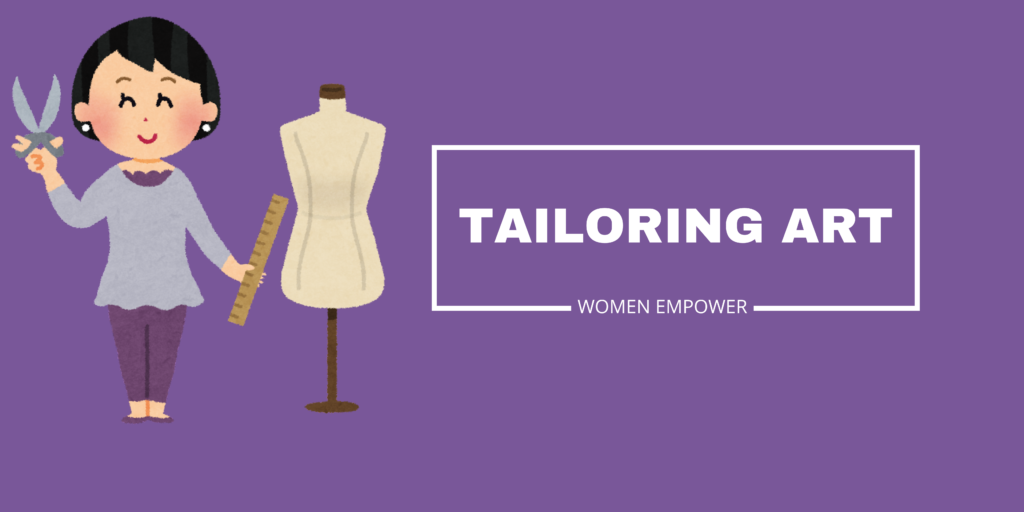Overview
In the district of Kolhapur, Maharashtra, a local NGO, “Swayamsiddha Mahila Samiti”, has initiated sewing project which has helped rural women in developing successful and sustainable tailoring enterprise. The program is aimed at women from disadvantaged backgrounds to skill them and teach them how to manage business.
Objectives of the Program
- Work Training: Tailoring training for women in Traditional Maharashtrian and western styles.
- Financial Empowerment: Offering women a chance to make money in the coming days.
- Cultural Heritage Conservation: To encourage the tailoring tradition of Maharashtra Material Culture Heritage Discovery: Inventory Documentation Of State And Private Textile Collections In Maharashtra Unification Scientific Study: Dye Colours of Khandesh Handloom Jesus Save Preservation Scientific Conservation Guru ShishyagyanKanyashiparijankalaicon—To promote traditional Maharashtrian Techniques and fabrics used in tailoring.
- Self-Sustenance in terms of : promoting women entrepreneurship and less dependency on out-side employment.
Implementation
– Training and Workshops
The program kicked off with a handful of sewing workshops that introduced beginners to the art of cutting and stitching. Training in traditional tailoring techniques for making nauvari sarees, Paithani blouses and lehenga cholis (garments specific to Maharashtra) The women also learned to make up-to-date clothing (as oppossed to period wear) and could sell their goods to towns-people.
– Skills of Business and Entrepreneurship.
The women also learned to manage their tailoring businesses, including how to price and track inventory, how to put together a marketing campaign (pictured), and customer service. They were also encouraged to start small tailoring units based out of their homes, with the NGO providing them sewing machines and material.
– Linking with Markets
With the help of the NGO, women were able to reach out to local markets and establishment owners. The women started getting orders for school uniforms, traditional Maharashtrian saree and even modern clothing to earn money. Women were also encouraged to show their creativity and skills at local fairs and exhibitions and were promoted to sell in such locations.
Impact
More than the participating women, their families, members of community felt the change caused by this initiative
– Economic Independence
The vast majority of the women that entered in the program were financially reliant on their husbands or seasonal agricultural work. Post training, they started earning ₹5,000-₹10,000 per month through tailoring which helped them support their families thus making headway towards a better lifestyle.
– Empowerment and Confidence
For women in general, it was not only a means of livelihood. It helped to power their confidence and independence. Experience running their own business helped them develop leadership skills and win credibility in their families and communities.
– Cultural Preservation
It did this by promoting local fabrics and embroidery techniques such as Warli designs, Paithani weaving among others. The garment was an ode to Maharashtrian heritage yet was able to cater to the modern style quotient of the 70’s that exalted femininity. In this way, the region rich cultural heritage was conserved and these traditional skills were promoted.
– Challenges and Solutions
Despite the program’s success, replicating to scale produce sales by the women was always going to be difficult largely due to inconsistencies in material availability and demand. To tackle this instead, the NGO implemented a bulk buying system which allows for women to pay lesser for buying fabric and materials. They also worked together to form relationships with fashion boutiques and online marketplaces for greater distribution.
Key Learnings
– Sewing for her was a Means to Financial Freedom
Tailoring emerged as an effective means of economic independence for rural women. In the Swayamsiddha Mahila Samiti initiative, women had been demonstrated to work from home and could have small businesses generating enough income for themselves & of their family with proper training, resources, and market linkages.
– Why Cultural Integration Matters
Much of the program promoted success was because of traditional Maharashtrian designs and techniques integration. The women therefore have to preserve these customs so that they could sell in the market and even carve a niche for themselves.
– Women Entrepreneur Support System
The women’s collective had an impact on the success of the initiative with these support networks as a significant factor. The women also collaborated between their resources, shared information and at times even came together for bigger orders thus sustaining the business.
Conclusion
The work of tailoring as a skill is very transformative for rural women as portrayed by the “Swayamsiddha Mahila Samiti” initiative in Kolhapur, Maharashtra. It offers its women not only a consistent source of income, but also with self-confidence, skills and independence. The women of Maharashtra have shown that a tailor can sustainably generate employment by milk and butter, without power or loans using traditional and modern business practices together. It is a model for such programs to proliferate not only in India but around the world.



